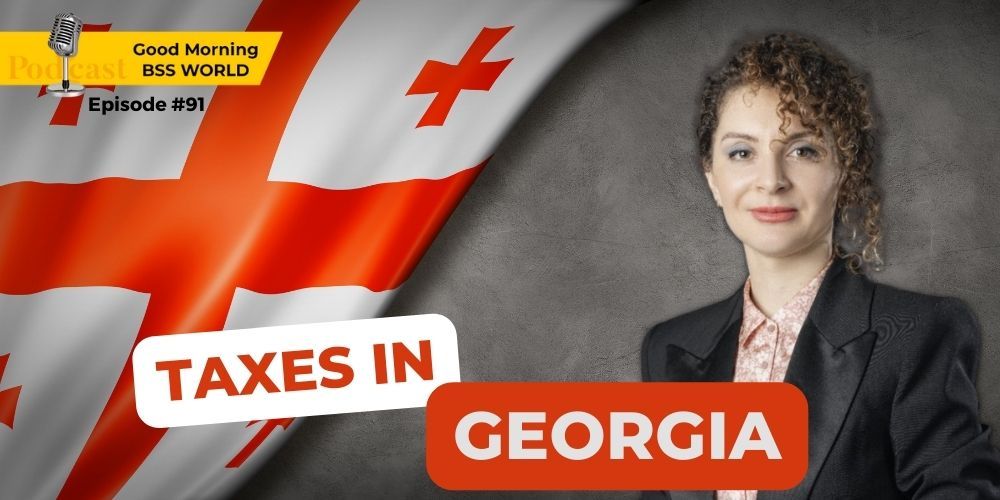The Polish Deal – looking for positives

The entry into force of the "Polish Deal" began as Alfred Hitchcock said: “A film should start with an earthquake, and then the stress should continuously increase”. It is already evident that many provisions of the "Polish Deal" have the potential to keep taxpayers' tensions at the highest level. However, some interesting solutions can also be found in the new regulations.
TAX RELIEFS
The existing tax relief for research and development (an additional reduction of the tax base by some types of expenses) has become more attractive due to the possibility of deducting up to 200% of expenses for the salaries of employees and contractors involved in R&D projects. Moreover, if it is not possible to deduct the entire tax relief from the CIT tax base, the taxpayer may reduce the amount of PIT advances to be paid to the tax office from the salaries of employees directly involved in R&D projects by the product of the unused R&D tax relief and the appropriate CIT rate. It is also possible to use the R&D tax relief to calculate the tax base of qualified income from intellectual property under the so-called IP Box. The R&D relief is complemented by a new preference that allows for an additional deduction of 30% of the selected trial production costs of a new product created as part of R&D and its introduction to the market.
A taxpayer may also obtain the right to an additional deduction from income even up to PLN million annually by incurring certain expenses for promotion and sales support for manufactured products, provided that the taxpayer increased their sales revenues or entered a foreign market. Also new is the relief for sponsors of sport, art or science (in practice, the tax relief covers also internships and apprenticeships for students and graduates) allowing an additional deduction of 50% of specific expenses. There is also a tax relief for the purchase of new industrial robots and related equipment and intangible assets, which make it possible to re-deduct up to 50% of expenses; however, this is valid only until 2026.
WITHHOLDING TAX (WHT)
The definition of beneficial owner has been modified, which is relevant for the application of reduced rates or exemptions in withholding tax. Part of the definition is the requirement that the entity receiving the payment conducts a genuine economic activity in the country of establishment. When assessing this premise, one should take into account the nature and scale of the activity conducted in connection with the receivables received. The changed definitione seems more flexible than the previous one, which was very casuistic. After three years of postponing its entry into force, the principle of so-called pay & refund for payments in excess of PLN 2 million per year will now apply. Accordingly, the tax remitter should collect WHT at the statutory rate (19% dividend, 20% interest and royalties) and not apply exemptions or reduced WHT rates. As it currently stands, the pay & refund principle does not apply to payments for intangible services subject to WHT (e.g. advisory, advertising) or any payments to unrelated entities.
To apply the exemption or the reduced WHT rate, a tax remitter has two options. Firstly, a member of the payer's management board (previously the signatures of all management board members were required) may submit a declaration confirming that the tax remitter has the necessary documentation and, after examining the situation with due diligence, is convinced that the application of the preferences in WHT is justified. However, the submission of an incorrect declaration may lead to the personal criminal and fiscal liability of the management board member and additional financial liability of the company. From the tax remitter's perspective, there is a more advantageous alternative – requesting the tax authority for an opinion on the possibility of applying WHT preferences.
From 2022, such an opinion may be requested in any instance by the tax remitter (previously, it was only if they had to pay WHT from their own resources. Otherwise, only a foreign taxpayer could request an opinion). The opinion may also apply to double tax treaties, and not only exemptions from WHT resulting from the CIT Act. Despite the need to wait for an opinion for about six months, it is a beneficial solution for the tax remitter, who may safely apply the exemption or a reduced WHT rate for the next 36 months. An important change in practice is that the tax remitter is allowed to use a copy of their certificate of residence, regardless of the amount of the payment subject to WHT, if the information resulting from the submitted copy of the certificate of residence does not raise reasonable doubts as to compliance with the facts.
SUBMITTING ACCOUNTING BOOKS
Taxpayers who keep books of accounts will be required to keep them using computer programs, and after the end of the tax year (on the date of submitting the annual tax return), send them to the tax office by means of electronic communication. Tax authorities, not having to initiate audits or inspections, will therefore gain a detailed insight into accounting entries affecting tax settlements. Fortunately, in this case, the legislator decided to apply vacatio legis and this obligation will enter into force on 1 January 2023.
ONE RULING
Entrepreneurs planning or starting investments in Poland worth at least PLN 50 million may conclude an investment agreement with the Minister of Finance. In practice, it is a combination of a traditional tax interpretation, an advance pricing agreement on transfer pricing, a security opinion on the general antiabuse clause and rate classifications in
the field of VAT and excise duty. A difference in relation to the traditional procedures is the possibility of meeting and negotiating with officials in person and conducting the meeting in English (the agreement itself can also be issued in English). Although the procedure is quite expensive (fees may exceed PLN 500,000), the agreement is concluded for a period of up to 5 years and meets the expectations of large companies looking for greater security for their investments.
TAXATION OF INDIVIDUALS
In addition to the widely discussed changes (tax-free amount, the 32% threshold, health insurance contributions), new items in the field of PIT include tax exemptions (up to a total limit of PLN 85,000) of taxpayers returning to Polish tax residence (provided that additional conditions are met, e.g. moving to Poland only from certain countries), taxpayers who continue to work having reached retirement age and parents with at least four children. The flat-rate personal income tax is experiencing a renaissance, the rates of which for several professional groups (e.g. IT, doctors) have been lowered. The Ministry of Finance even promotes this method of taxation. Indeed, it can be an attractive alternative for people conducting business activities, especially as it allows you to pay a predictable and usually lower health contribution. Many types of services can be taxed at a rate of only 8.5%. The Ministry of Finance has announced plans to introduce further changes to this tax in the future, so the question of its future attractiveness remains open.
SUMMARY
Despite the fact that frequent changes to tax law are a constant feature of our reality, the "Polish Deal" is an exceptional event and has caused a lot of controversy. This article indicates several rather positive aspects, but this does not alter the conclusion that the overall quality of the new rules is poor. The new tax solutions will be a great challenge not only for entrepreneurs, but also for the tax authorities themselves, and finally also for the courts.
Author: Piotr Maksymiuk, Senior associate, Baker McKenzie

This article comes from magazine:
FOCUS ON Business #3 March-April (2/2022)
 Check the issue
Check the issue








